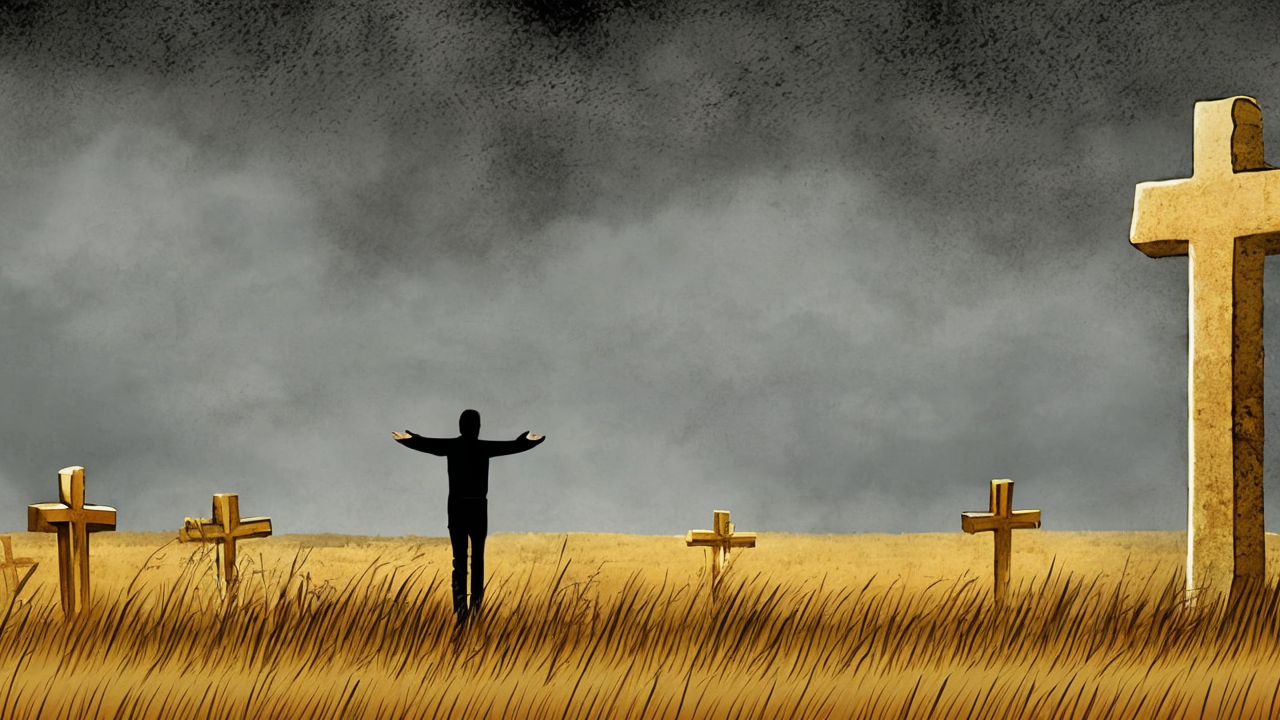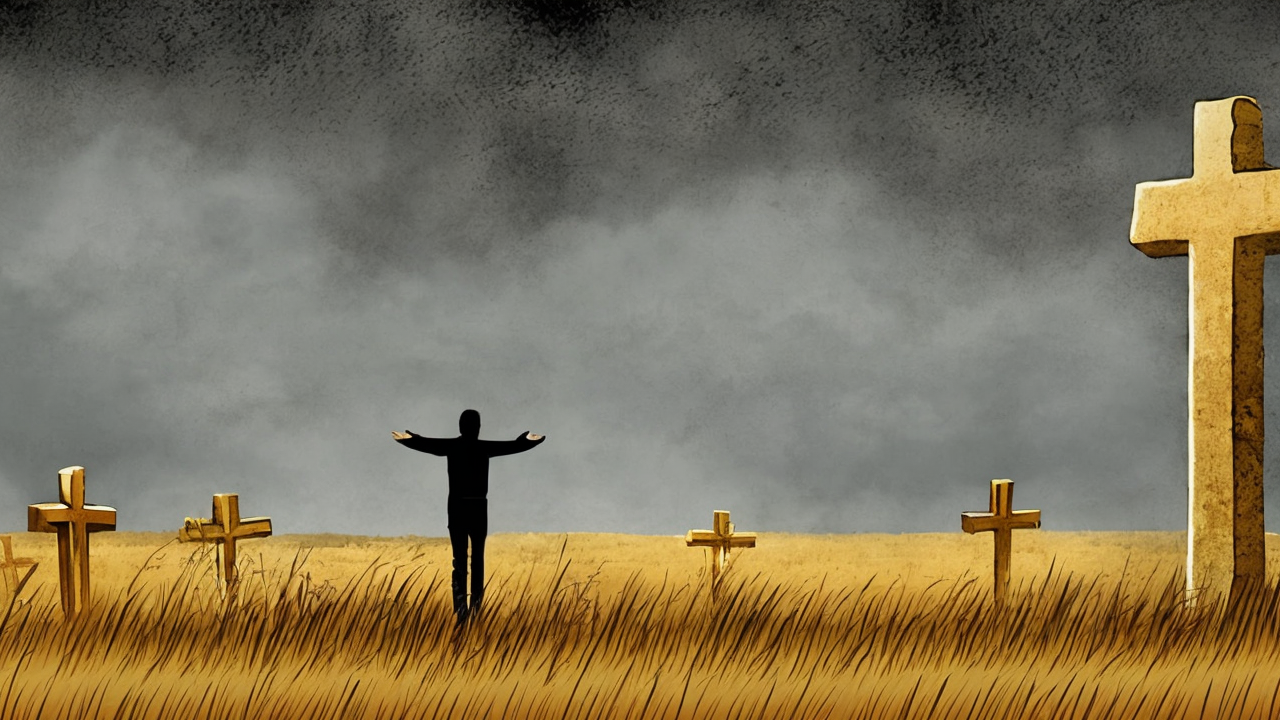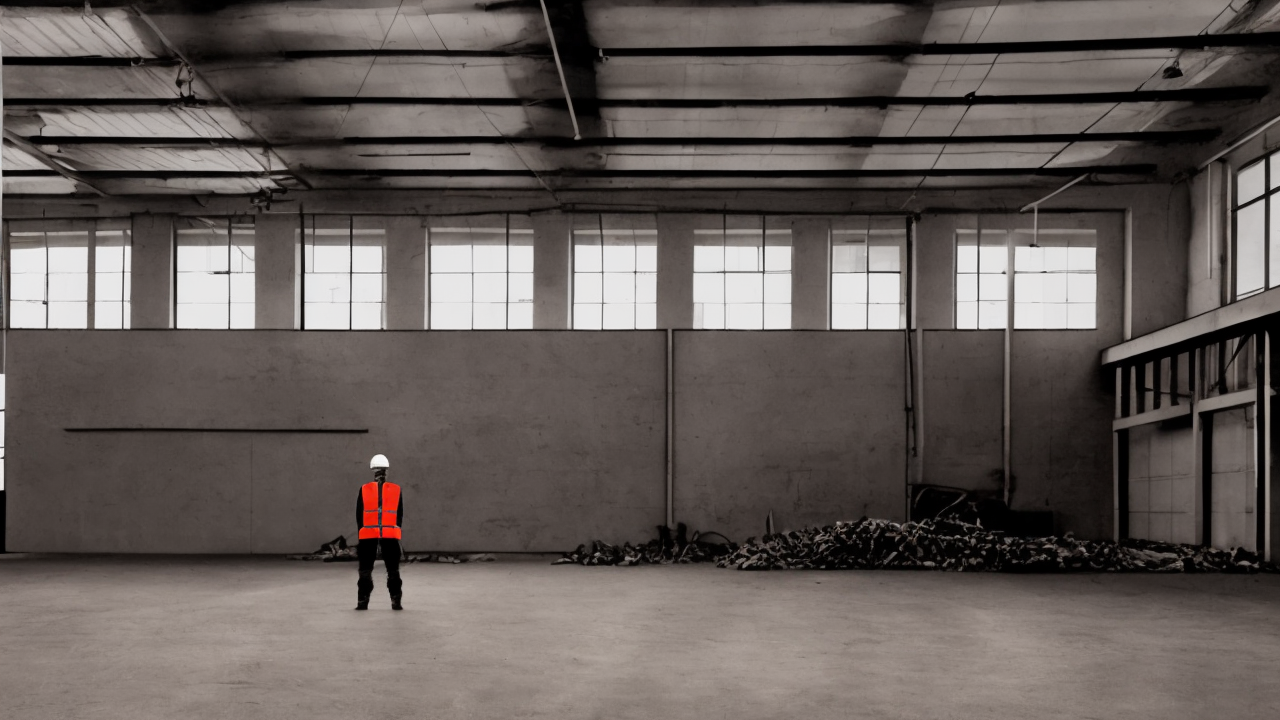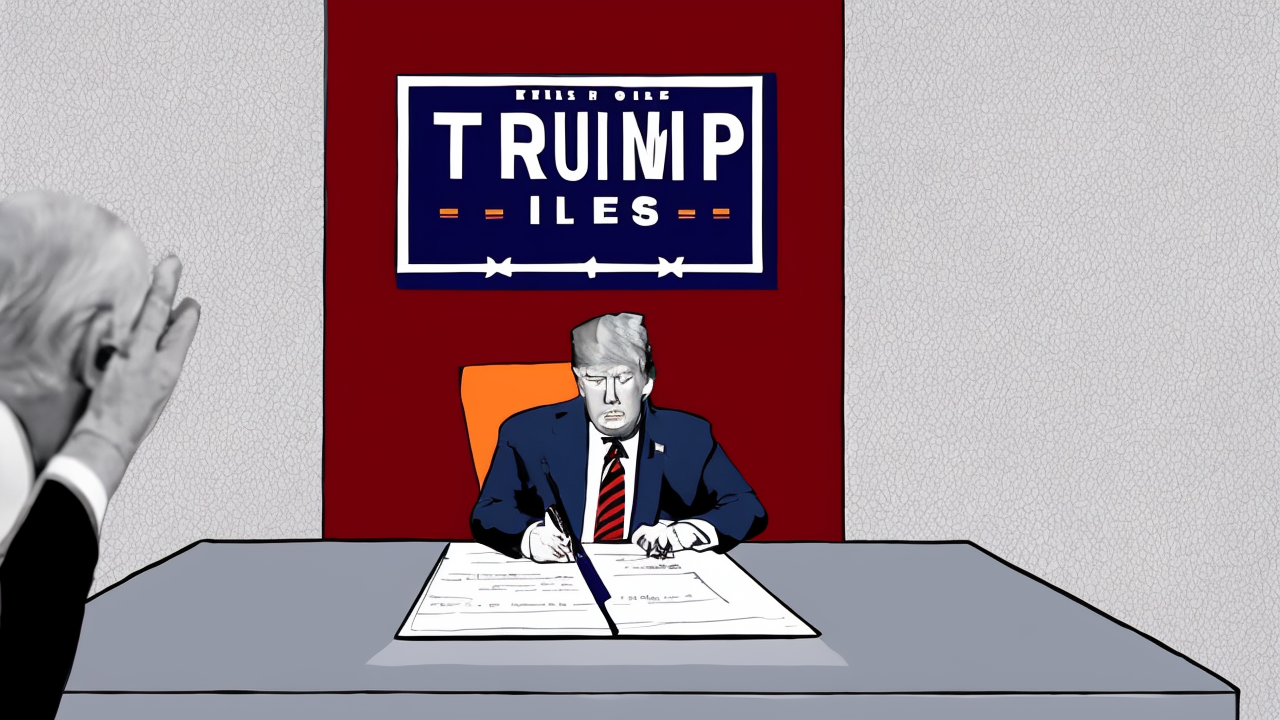The Christian Future Is at Stake — and We Must Act

Across Africa, from the savannas of Nigeria to the highlands of the Democratic Republic of the Congo, Christian communities are facing an escalating wave of violence. While the headlines often focus on Nigeria, the reality is far broader. In Mozambique, armed Islamist groups have destroyed churches and displaced entire villages. In Mali, Christian families have been forced to flee their homes as extremist factions impose their will through fear and fire. These are not isolated incidents. They are part of a coordinated effort to erase Christianity from the continent.
In Central Africa, ISIS-affiliated militants have claimed responsibility for attacks that left 33 Christians dead, including three beheadings. Over 150 homes and three churches were reduced to rubble. These are not random acts of chaos. They are calculated operations rooted in a radical ideology that sees Christianity as an enemy to be conquered. The targeting is not accidental. It is intentional.
The Nigerian government has repeatedly labeled these attacks as “inter-Muslim conflicts,” a narrative that downplays the religious dimension of the violence. But reports from organizations like MEMRI reveal a different truth. Jihadist groups openly declare their intent to eliminate Christian presence. Their propaganda is filled with calls to destroy churches and convert or kill believers. This is not about tribal rivalry or economic struggle. It is about ideology.
As migration patterns shift, the threat is no longer confined to Africa. In Europe and North America, we are seeing the same extremist ideologies take root. In cities where Christian traditions once flourished, new laws are being passed that silence religious speech while shielding violent extremism. Some governments now criminalize the expression of Christian values under the guise of “anti-discrimination,” while radical Islamist groups operate with near impunity. This imbalance is not a coincidence. It is the result of policy choices that prioritize ideological appeasement over truth and security.
We must recognize that religious freedom is not a privilege. It is a foundation of stable societies. When faith is under siege in one region, it weakens the moral fabric of all nations. The erosion of Christian witness in Africa is not just a tragedy for believers there—it is a warning for us all.
The solution is not to retreat into silence or to blame entire religions for the actions of a few. The solution is to act with clarity and courage. We must support Christian communities in vulnerable nations with intelligence sharing, training for local security forces, and humanitarian aid. We must also strengthen our own borders, ensuring that unchecked migration does not bring destabilizing ideologies into our communities.
At home, we must defend the right to speak freely about faith. We must reject the idea that truth must be compromised to avoid offense. Our laws should protect religious expression, not silence it. Our schools should teach the full history of our nation—including its Christian roots—not erase them.
The future of Christianity is not just about survival in Africa. It is about the preservation of a moral framework that has shaped the West for centuries. If we allow fear to silence us, if we choose comfort over conviction, then we will lose more than churches—we will lose our identity.
We are not powerless. We are not helpless. We are called to stand. The time to act is now. Not for politics, not for ideology, but for faith, for family, and for the next generation who will inherit a world shaped by the choices we make today.
Published: 11/20/2025








